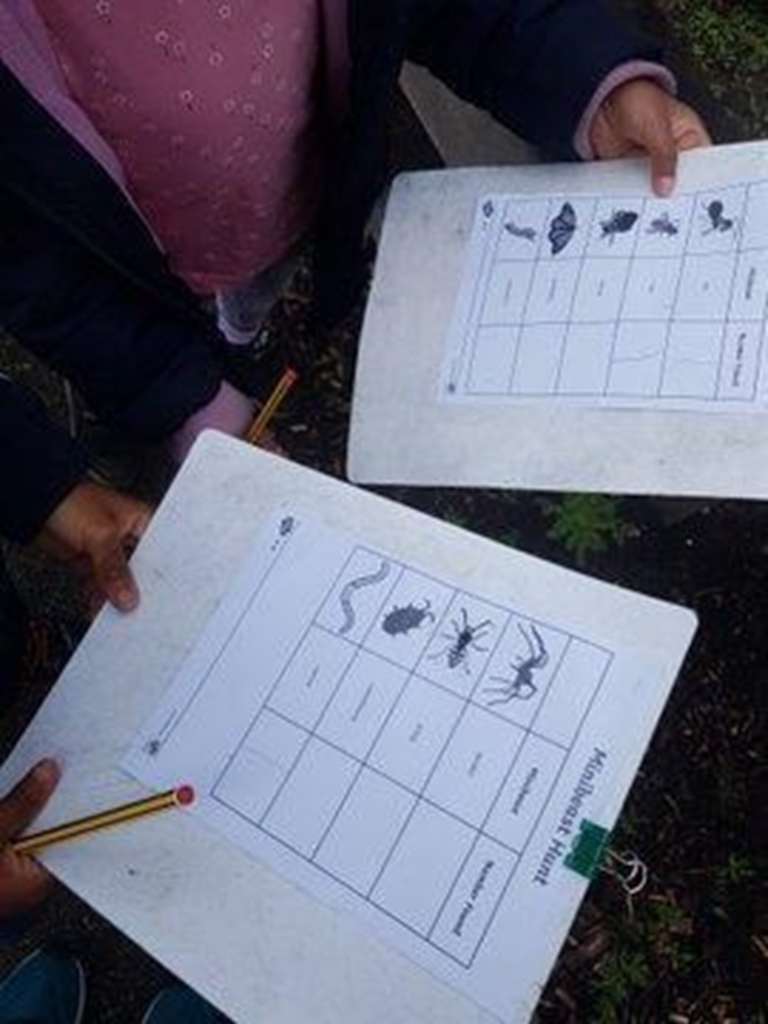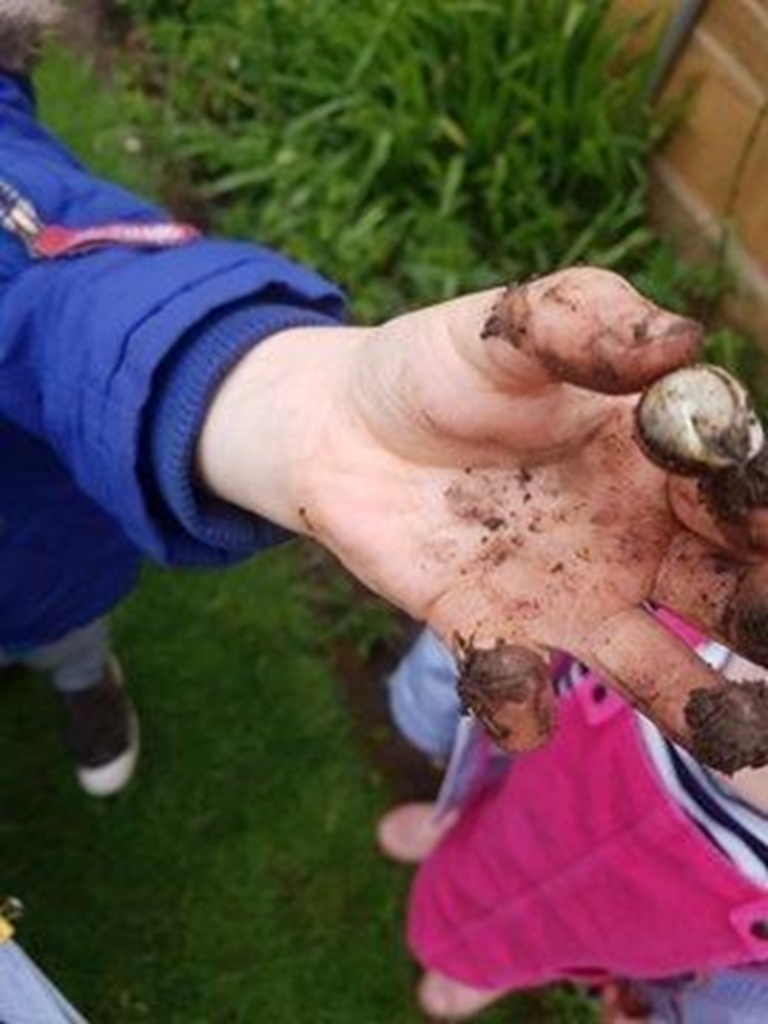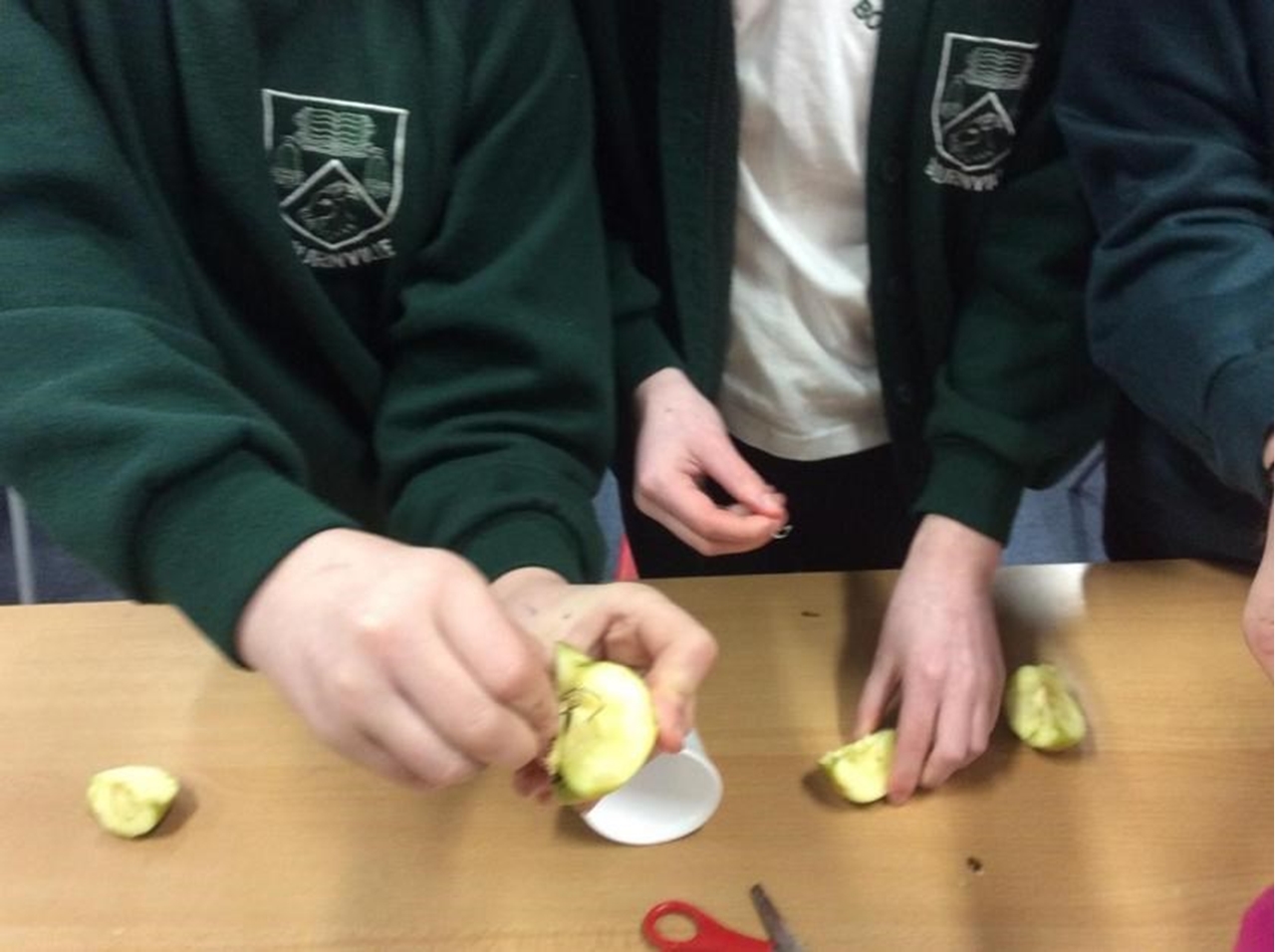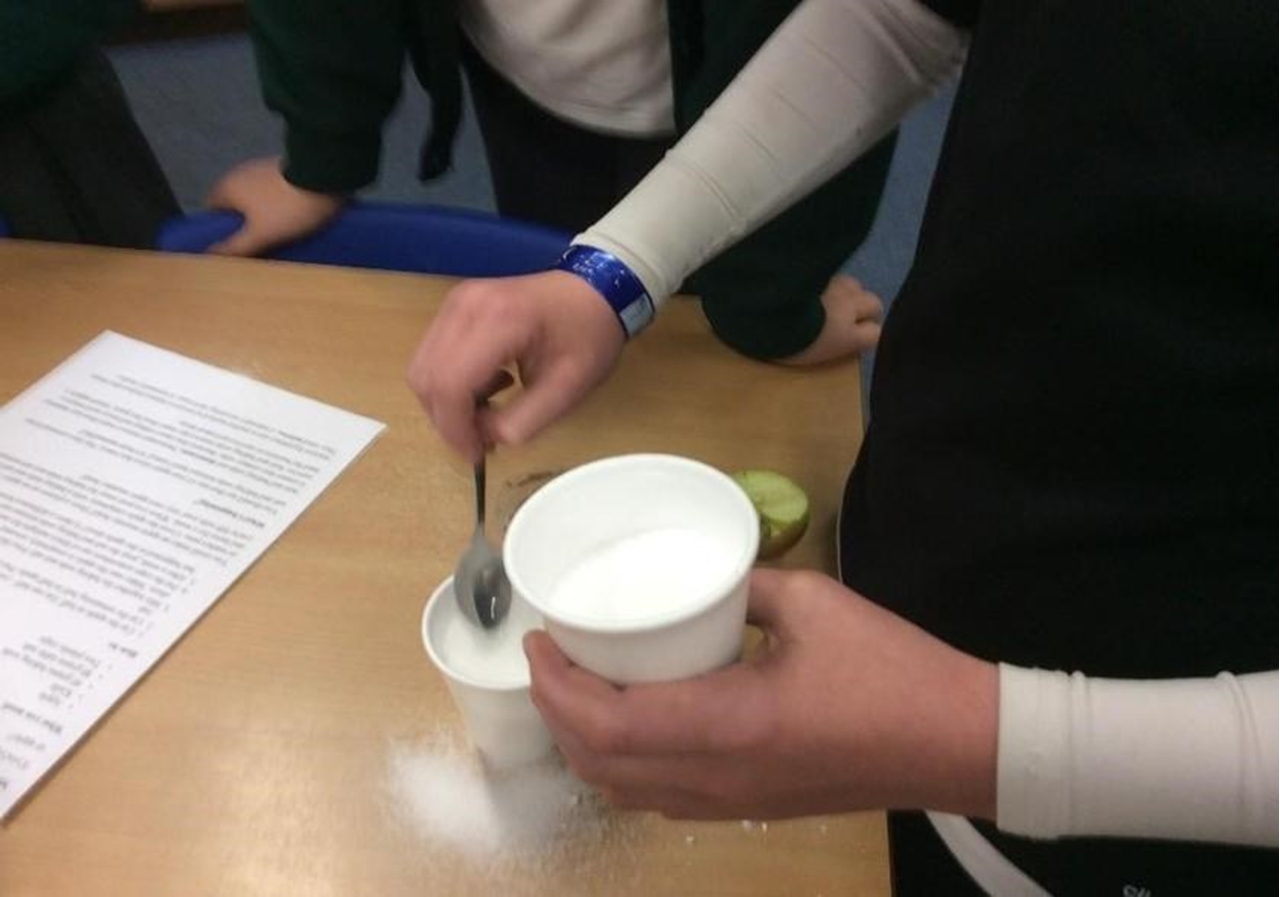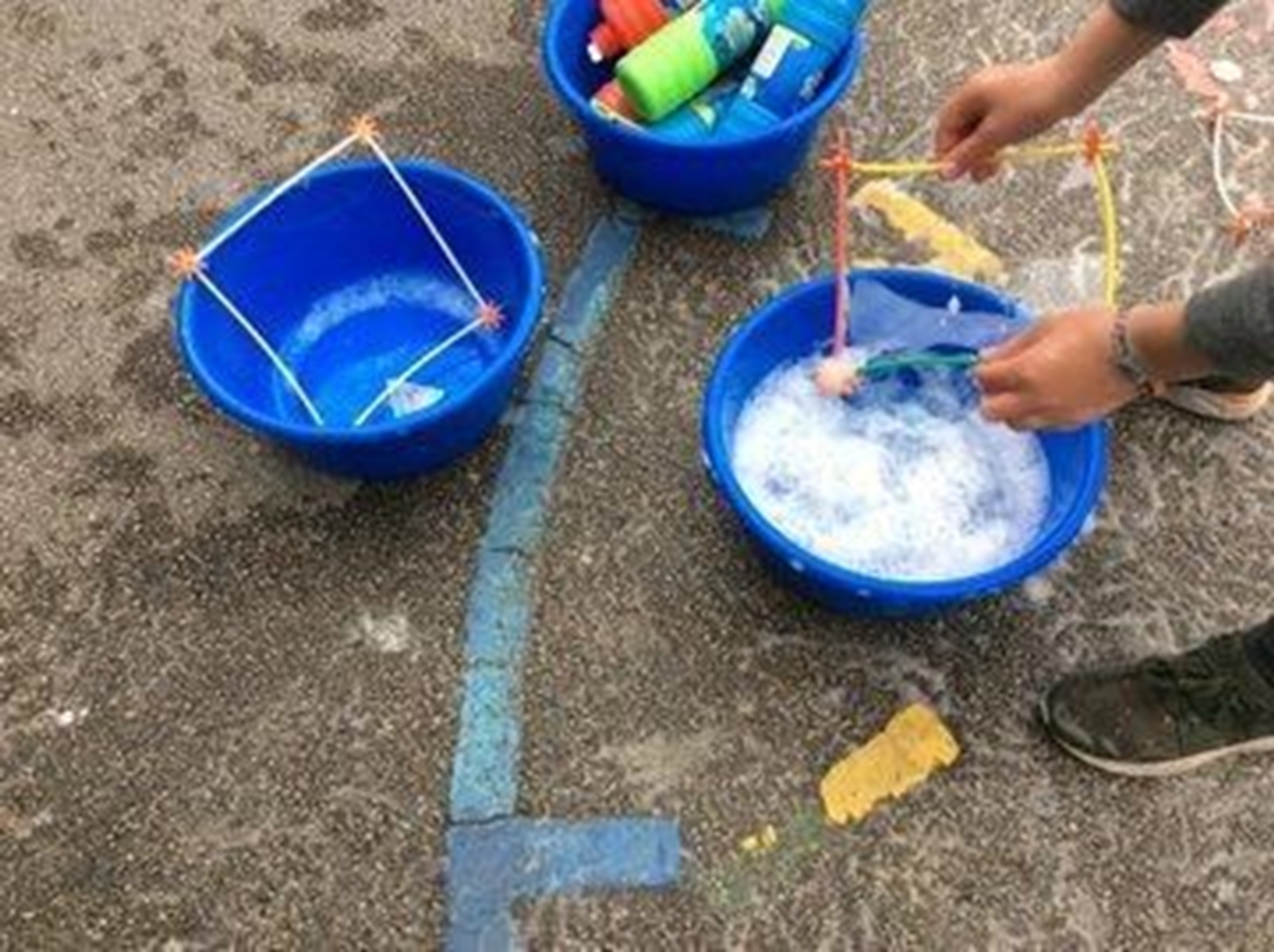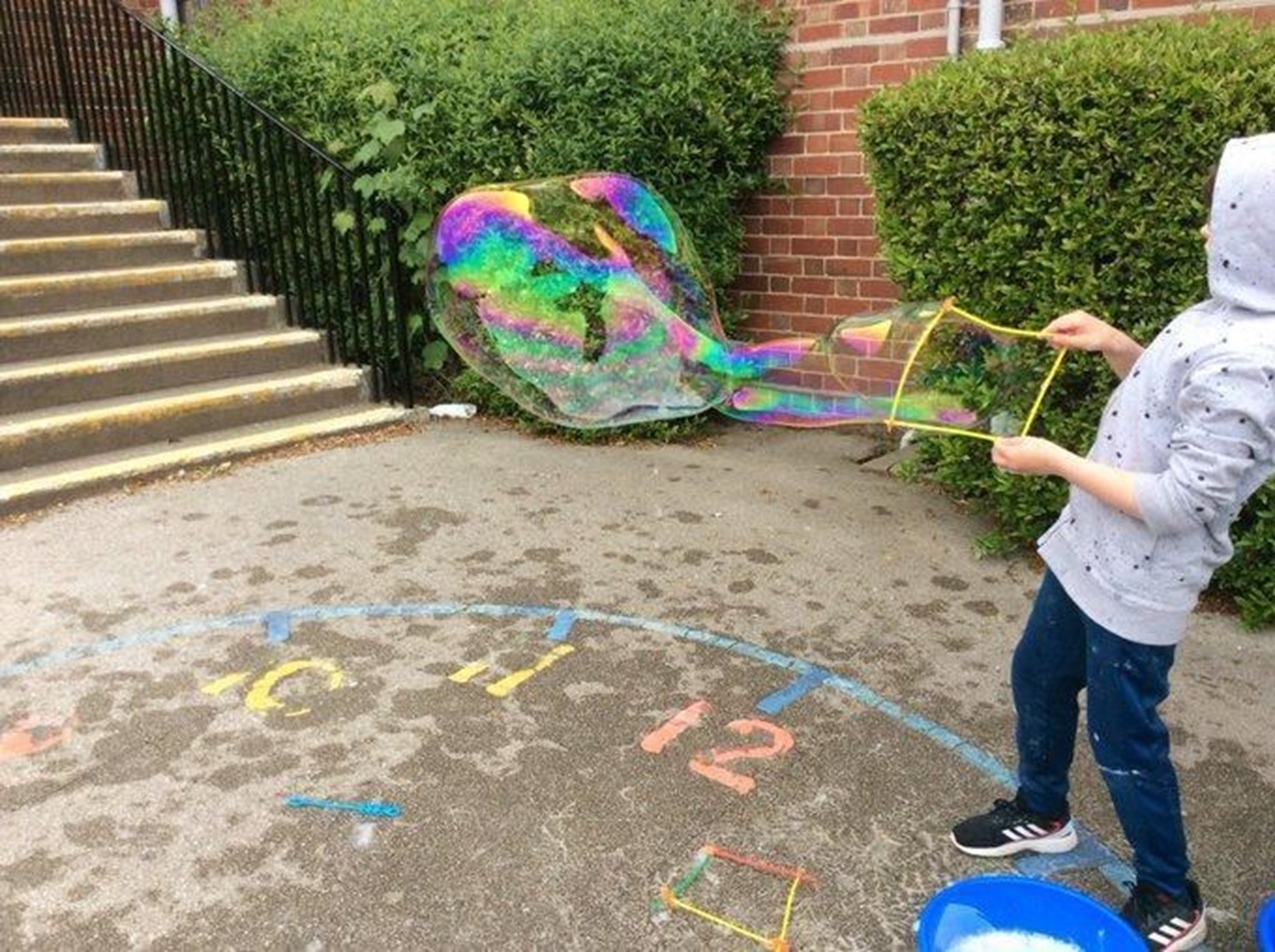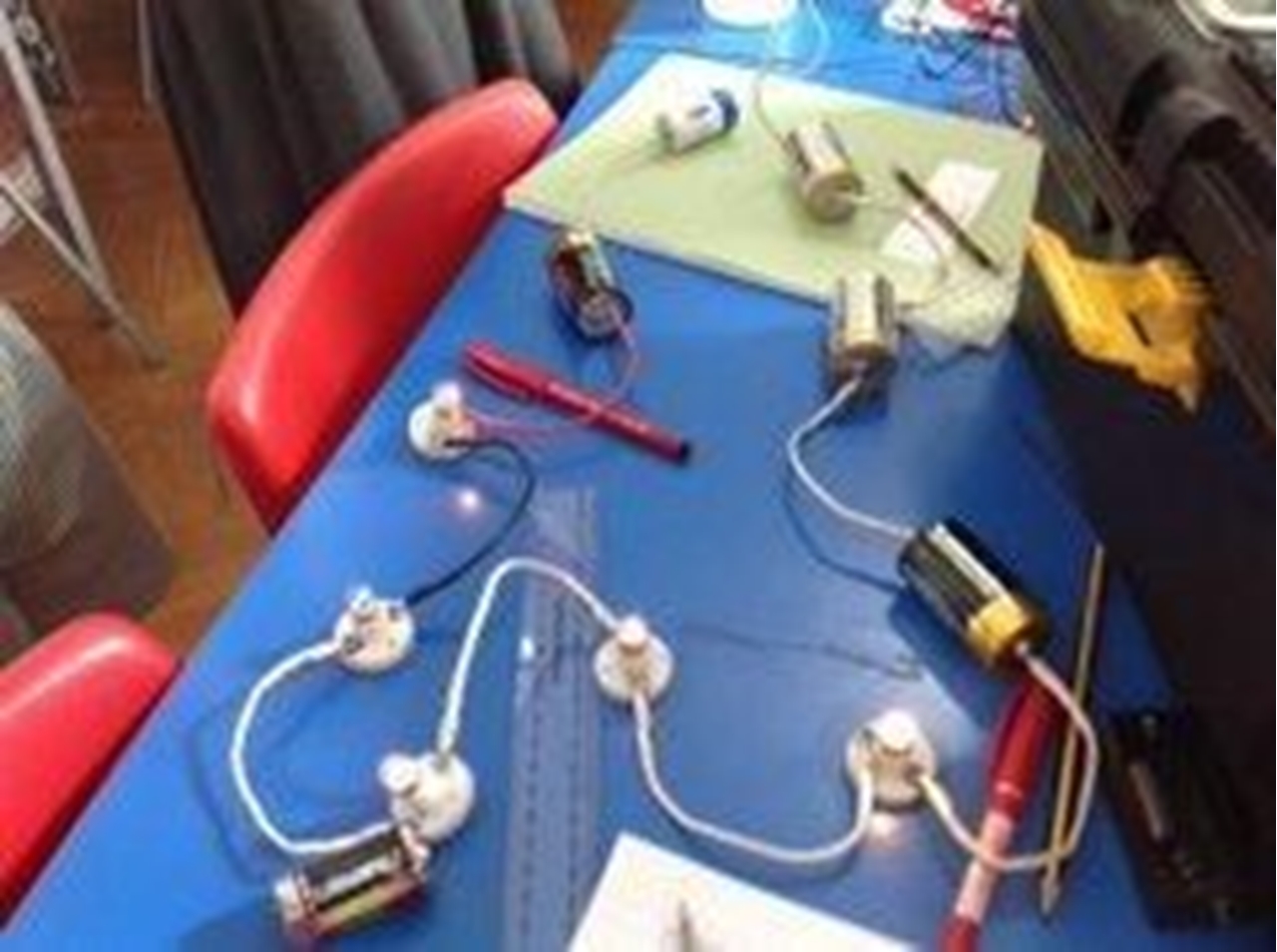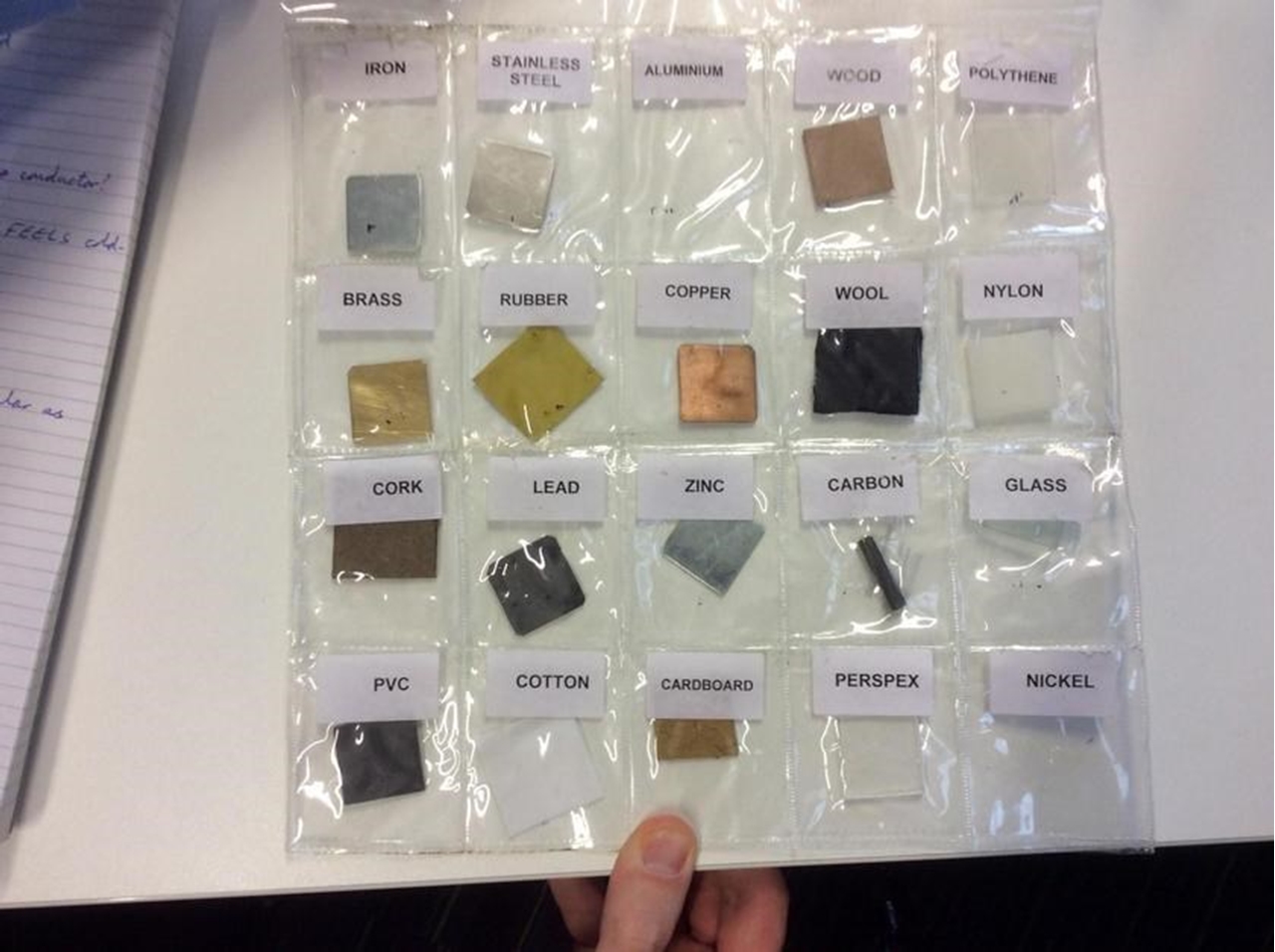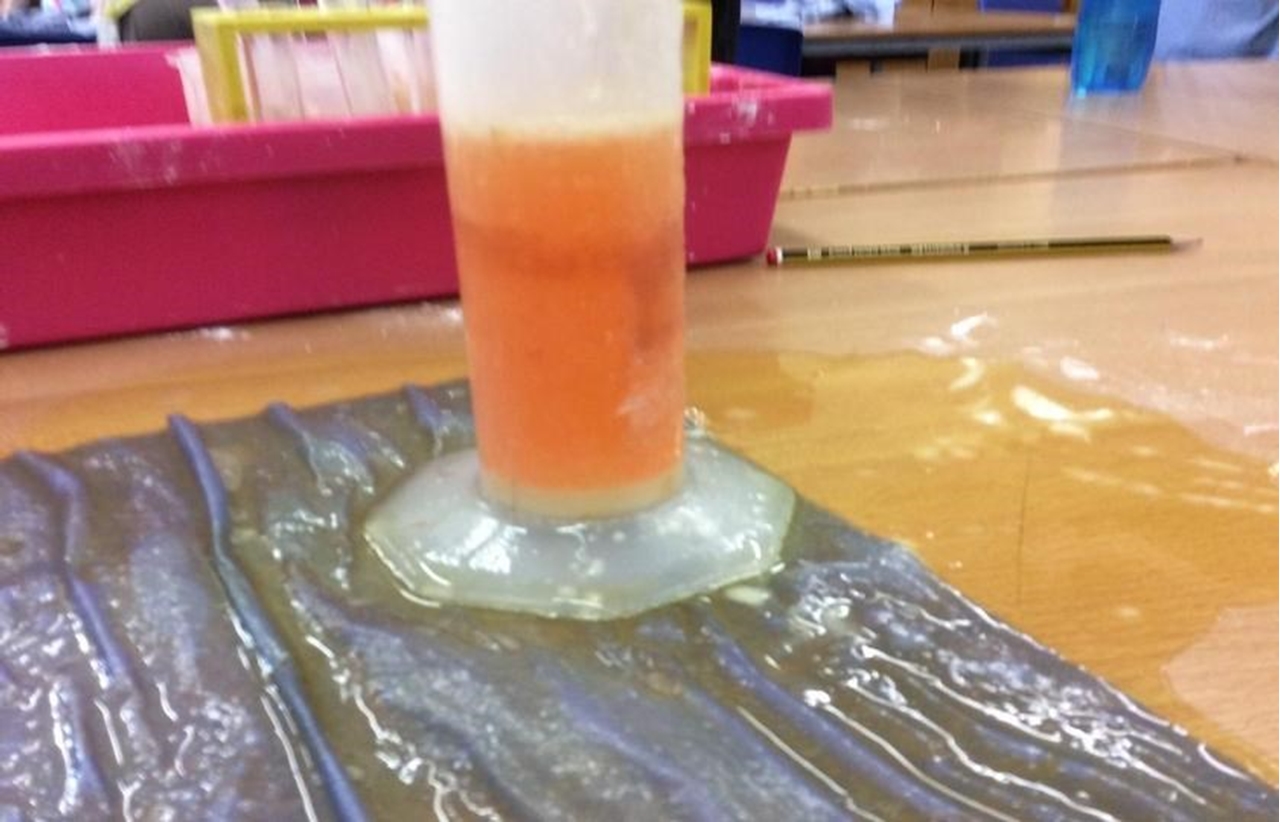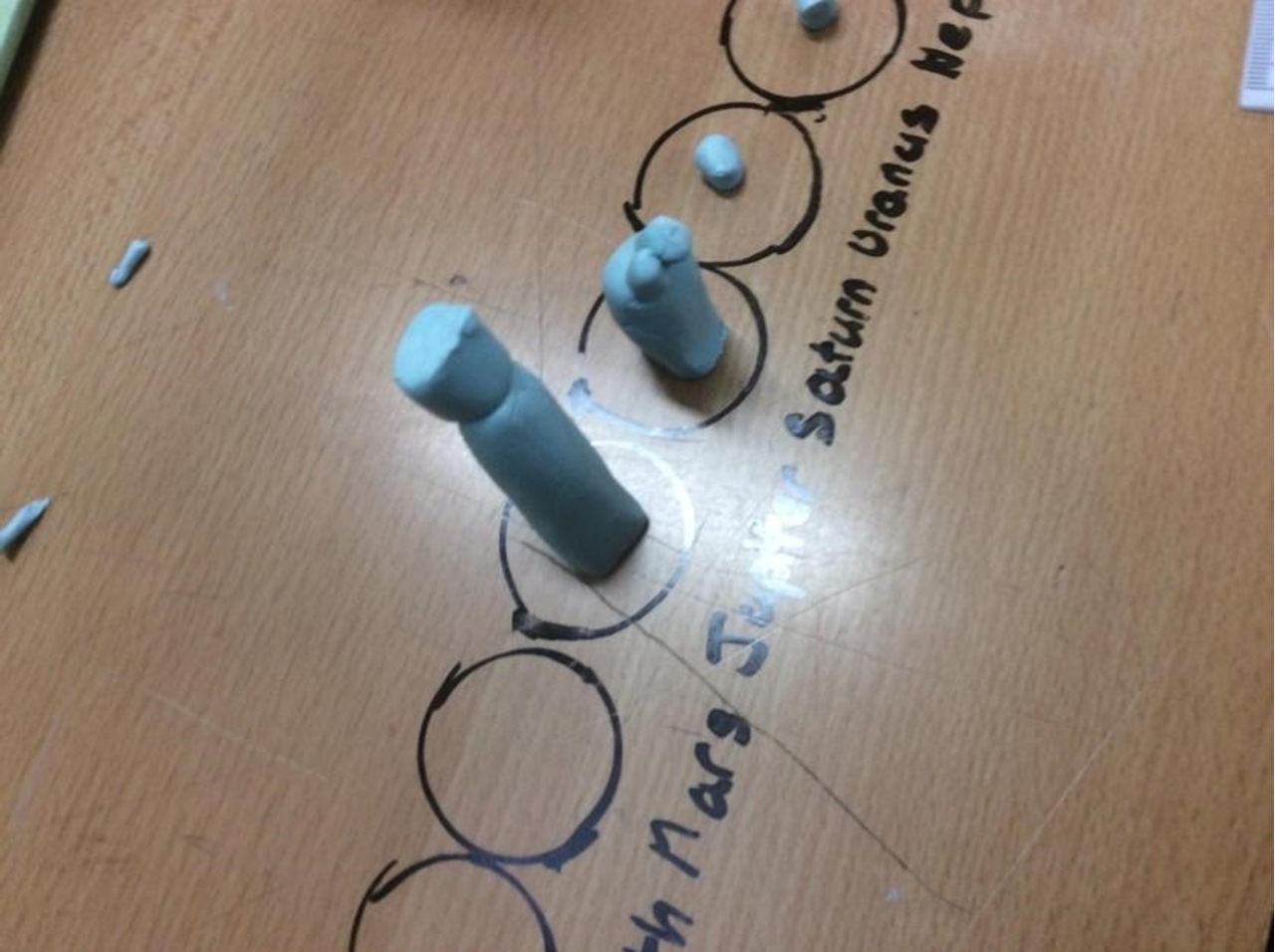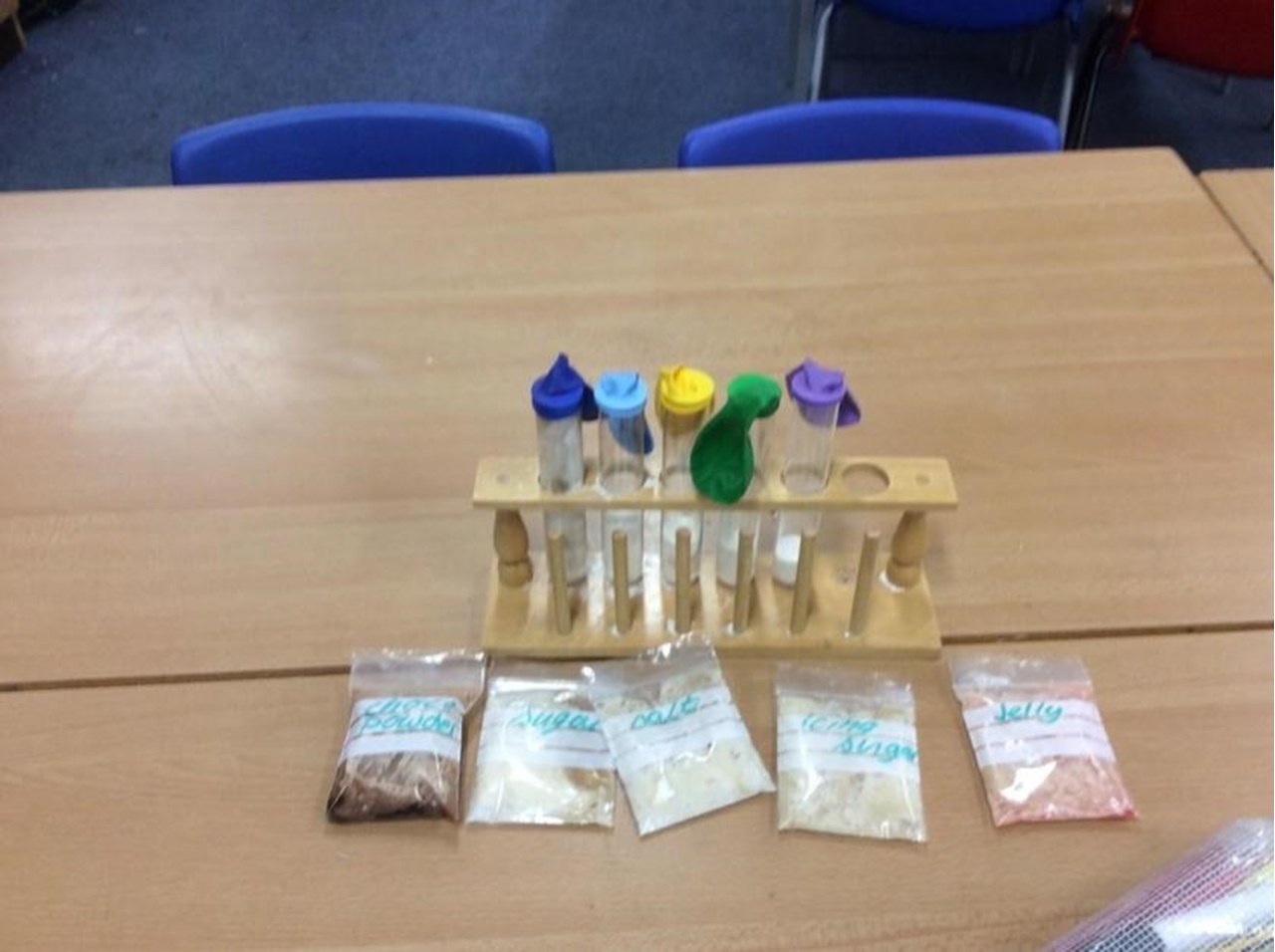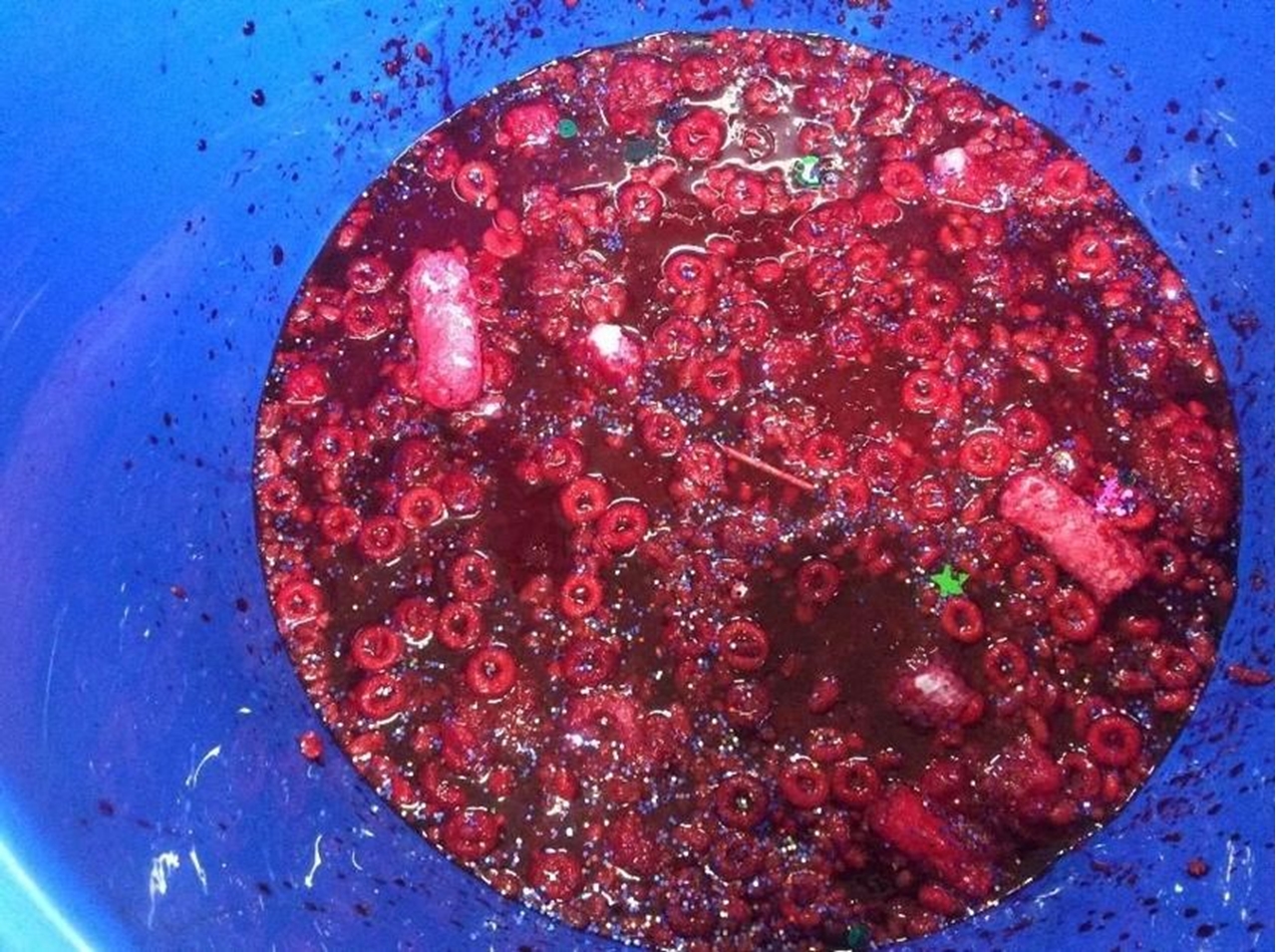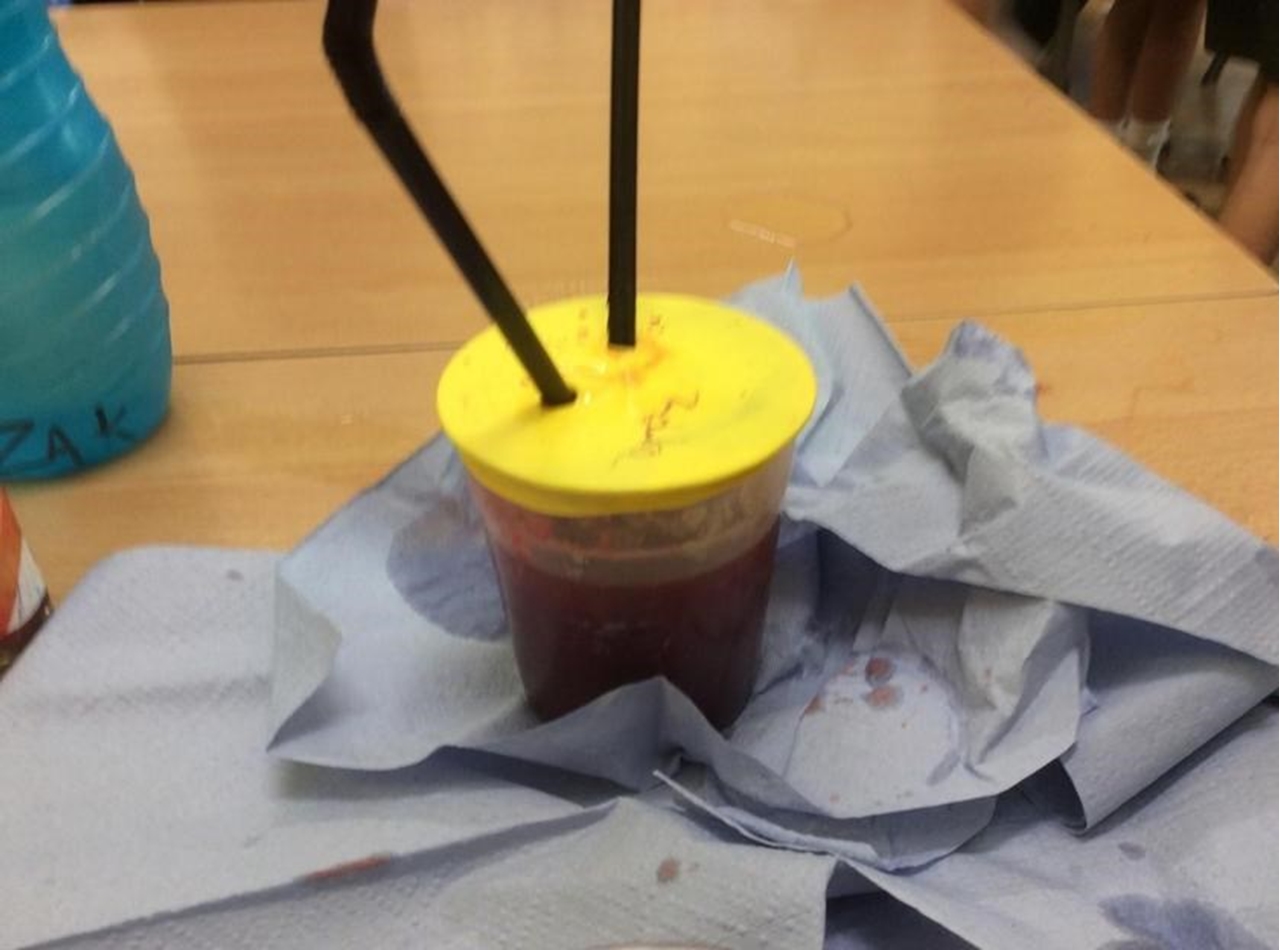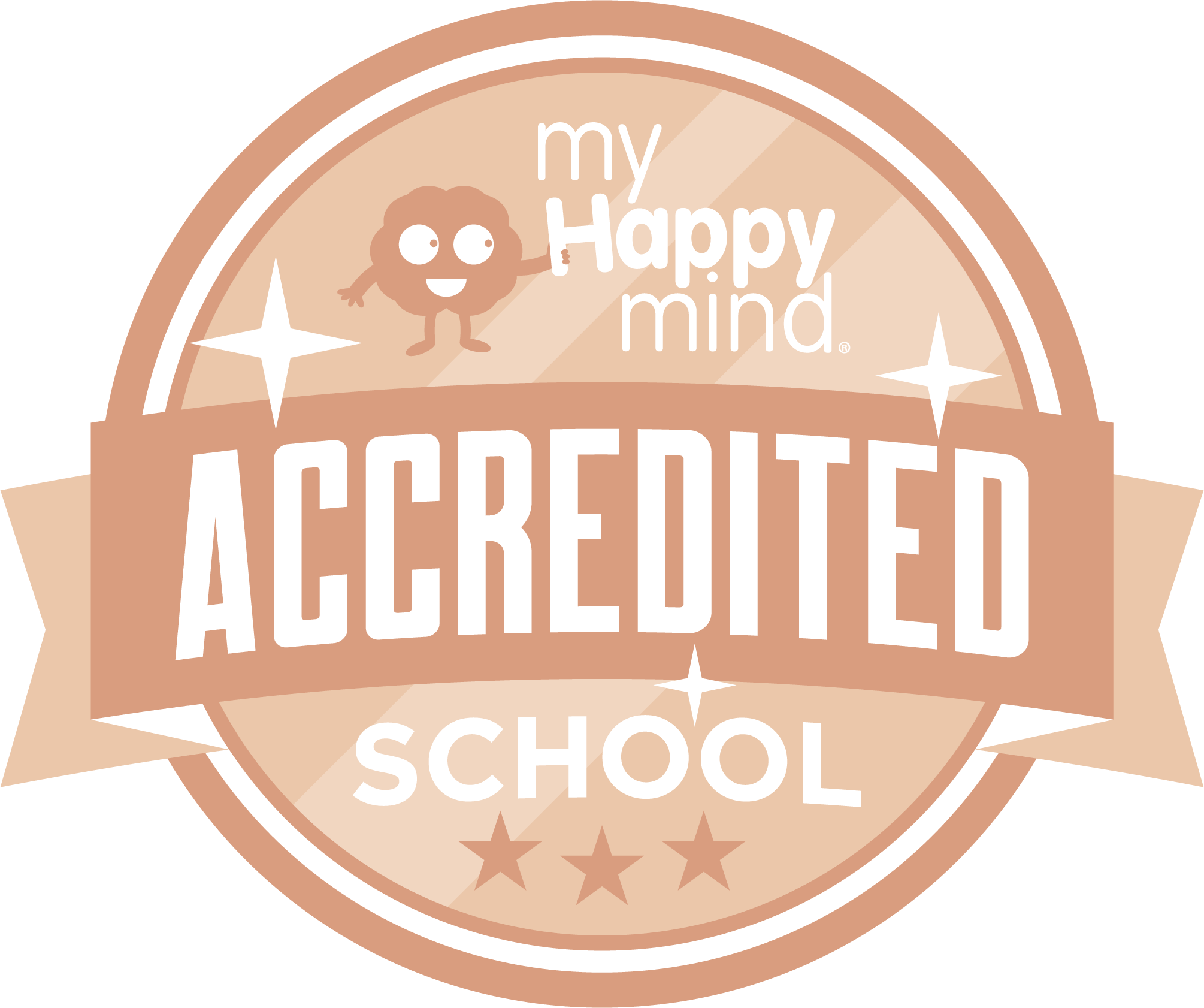Science
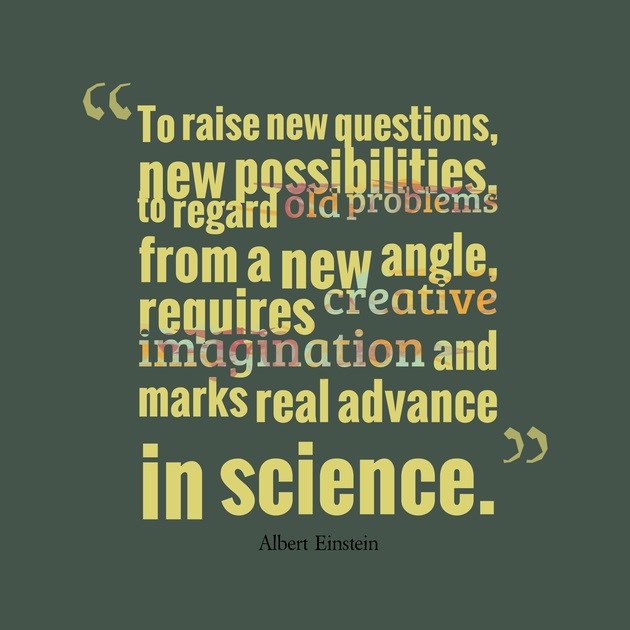
A high-quality Science education provides the foundations for understanding the world through the specific disciplines of biology, chemistry and physics. At Bournville Village Primary School, we follow the National Statutory Framework for EYFS and the National Curriculum for years one - six. We teach the knowledge, skills and understanding detailed in these documents through these three disciplines.
Children at Bournville Village Primary School will build an understanding of the world around them: by making connections between the natural world; life processes; their health and well-being; the universe; forces; energy and materials. They will be equipped with the scientific knowledge required to understand the uses and implications of science, today and for the future.
As our children progress through the school, so will their confidence and knowledge of how to work scientifically. The main focus is that of developing scientific enquiry skills, which are taught throughout each of the contexts. Investigations enable the children to develop a variety of skills: observing, questioning, fair testing, predicting, measuring, recording, analysing and concluding in a variety of situations. Whilst developing these skills, our children are encouraged to recognise the power of rational explanation and develop a sense of excitement and curiosity about natural phenomena.
Our pupils are encouraged to understand how science can be used to explain what is occurring, predict how things will behave and analyse causes with an emphasis on a respect for evidence. They will build an extended specialist vocabulary in which to describe associated processes and key characteristics.
Science in action
Science Across the School
'Think, talk and do' is an important aspect of science. The children are encouraged to communicate their experiences and ideas using scientific language and language structures. It is vital part of their experience of science at BVPS. Displays, 'Knowledge Organisers', quizzes and resources such as Explorify are used to support this development. for more information, please refer to Teacher support - Explorify.
Working scientifically
The discipline of science is taught in context. The children, alongside their increasing understanding of the big ideas of science, will also learn how scientist work. The key skills developed from reception: to ask questions; observe carefully; use simple equipment; compare and classify.
Each year these skills are developed further, so that by Year 6 the children can: plan different types of enquiries; recognise and control variables; use a wide range of scientific equipment and measure precisely and accurately; record and interpret increasingly complex ways; report and present findings and identify evidence to support or refute ideas.
Science in the Early Years and Key Stage 1
Science in Reception
Science in reception is crucial as we are able to fosters a love of science in the children's first year at Bournville Village Primary School . It also gives our children at BVPS a grounding in the key concepts, skills and knowledge that they will later look, in increasing depth, as they progress through the school. Early Years' science is indeed the foundation of science.
Through the topics of 'People', 'Life' and 'Water' , the children experience the natural world around them; they describe what they can see, hear and feel. The Cadbury building has been especially developed so that the children can explore the outdoor area as well as the opportunities within the classroom. They soon become aware that science is all around them, which is explored even further at 'Forest School'.
The children will recognise that some environments are different to the one in which they live and that they can be specific to certain groups of plants and animals- their habitats. They become more aware of different types of animals, including themselves, and how to care for them. The garden area is used to grow a wide range of plants , including vegetables and fruit that they can eat.
Furthermore, the children will be given experiences to initiate learning about sound, forces, light, earth and space. in the classroom, the children will make observations of interesting items in the 'Box of Curiosity'.
The children's adults will also discuss with them the effect of changing seasons on the natural world around them. This is developed further in Year 1.
Science in Year 1
Science in Year 1 is delivered through 'Continuous Provision' and direct instruction. The children are provided with experiences which fosters their understanding of the big ideas of science in a carefully planned manner. The learn about everyday materials and can describe simple properties.
Over the year, the children identify and name the trees growing in our school grounds and park. A special focus is on the trees, which also represent our School Houses: Maple, Beech, Oak and Sycamore. they also identify common animals, especially those found in our school grounds. The earthworms love the mud kitchen as much as the children.
Year 2
Learning in Year 2 is more teacher directed and the lessons are more structured. The topics in Year 2 build on the learning from Reception and Year 1. The children at BVPS will learn to identify more plants and animals that are found in our local environment, such animals found under decaying logs such as woodlice, and hedgehogs. They will learn to describe the lifecycle of these animals and flowering plants. Using their knowledge of the conditions these plants require, they will grow more vegetables and fruit in the raised beds on the garden strip.
The children at BVPs will become more familiar with different day materials, their properties and uses. This will prepare them for Year 3 when they will look at magnetic materials.
Importantly, the children will consider how to look after themselves in terms of diet, exercise and hygiene.
Key Stage 2
The spiral curriculum is continued throughout Key Stage 2: the learning from the prior years is built on so that the children have a greater understanding of more complicated, complex concepts, knowledge and skills in preparation for senior school.
Each term, the children focus on the specific disciplines of science: physics, chemistry and biology. This allows them to build links not just between topics from previous years, but between the disciplines themselves. The science of learning has shown that the children retain more knowledge if links are made explicitly and revisited.
Lower Key Stage: Years 3 and 4
Year 3
The skills the children have acquired in Key Stage 1 and reception will allow them to identify, classify, and compare different rocks and soils. They will then apply this knowledge when they revisit plants. The focus this time is on how soil provides nutrients and water for growth. They will explore further the lifecycle of the plant in terms of pollination, seed formation and seed dispersal.
To extend their Year 2 learning on diet and exercise, the children will learn more about nutrition and skeletons and muscles. The children will have explored forces in reception so to build on their understanding of forces, they will look at friction as contact force and magnetism as non-contact force.
Year 4
Building on their ability to classify, the children in Year 4 will use classification keys to identify and name a variety of living things. They will learn about the body parts associated with digestion, which will rely on their knowledge of diet and teeth covered in reception, Years 1 and 2.
One of the big ideas in science, taught in Year 4, is that all matter is made from particles. This relates to both sound and states of matter. In electricity, the children make circuits, switches and test materials to determine whether they are conductors or insulators.
Upper Key Stage 2
Each of the topics taught in Year 3 and 4 are revisited, with more complex materials introduced.
Year 5
Earth and space is the first topic of the year. In Reception and Year 1 the children described the effects and made observations, the children will research the effects and explain why day and night and the seasons occur. The force of gravity connects this topic with the topic on forces. The children will learn more about friction and other contact and non-contact forces.
Chemistry is an important aspect of the Year 5 science curriculum They will understand the significance of dissolving and that some changes causes new materials will be formed. They will use their knowledge, gained in Year 4, to separate a range of materials using the appropriate method.
In biology, the children revisit lifecycles of plants. Although the children will be familiar with pollination, seed formation and dispersal, the children will focus on reproduction of plants and animals, including humans. The children will look at how humans develop to old age.
And finally...Year 6
Our ambitious curriculum for science means that the children leave BVPS well-prepared for the demands of the secondary school curriculum. We have fostered that love of science from reception and grounded them in the key concepts, knowledge and skills so that have a thorough understanding, which has been embedded in their long term memories.
Yet again, topics from previous years are revisited and extended. The children will acquire more depth in their understanding, for example, of reversible and irreversible changes in chemistry. When making circuits in electricity, they will consider the effects of resistance and voltage. They will also examine how light is reflected and explain how the eye works. Their ability to classify will be extended by looking at classification systems in more detail.
Throughout Year 6s time at our school, they will have growing awareness of how plants and animals are adapted to their environment. In Year 6 will recognise that this is related to evolution and inheritance.
As the children develop a deeper understanding of a wide range of scientific ideas, they will explore, justify and communicate using a wide body of technical, scientific language and vocabulary.
Learners with SEND
The science curriculum is designed so that it is accessible for all. Over the time children attend Bournville Village Primary School, key concepts and procedures are developed; possible misconceptions are planned for and addressed while complex ideas are broken down into smaller parts. There are many opportunities for the children to practice. Moreover, concepts and skills are presented in a way in which makes learning accessible to all. These strategies are used to support and extend the children’s scientific thinking.This includes oracy led sessions which uses resources such as Explorify.
In lessons, children’s executive skills are supported as they may be a possible barrier to their learning in science . For example children, to support children with following a new procedure, visual cues, more precise steps and modelling are provided to support their learning.
Another possible barrier to the children’s learning in science is the acquisition of scientific vocabulary and language structures. To address this, vocabulary is displayed in all classrooms. Knowledge organisers are also provided (for years 2 -6].
